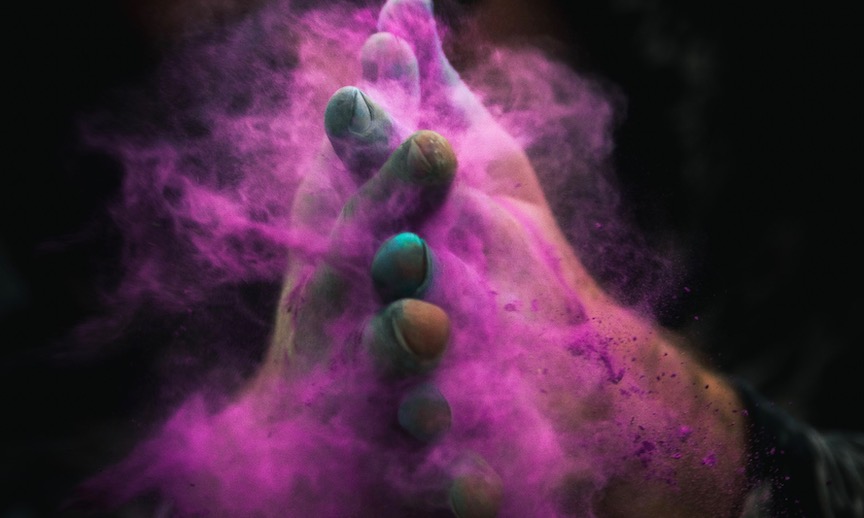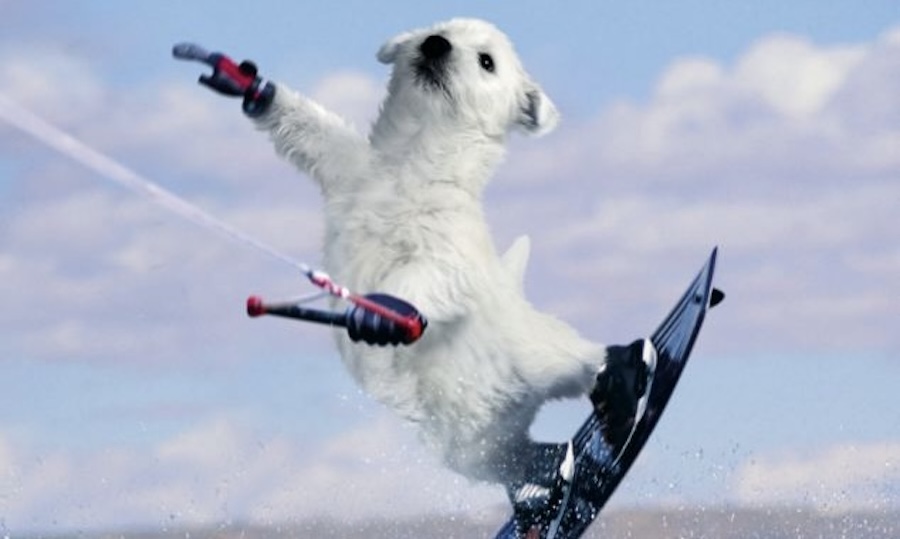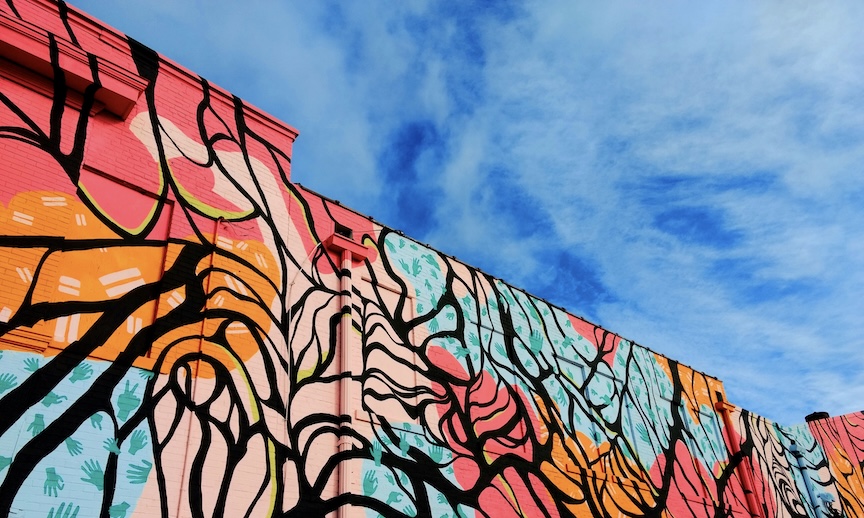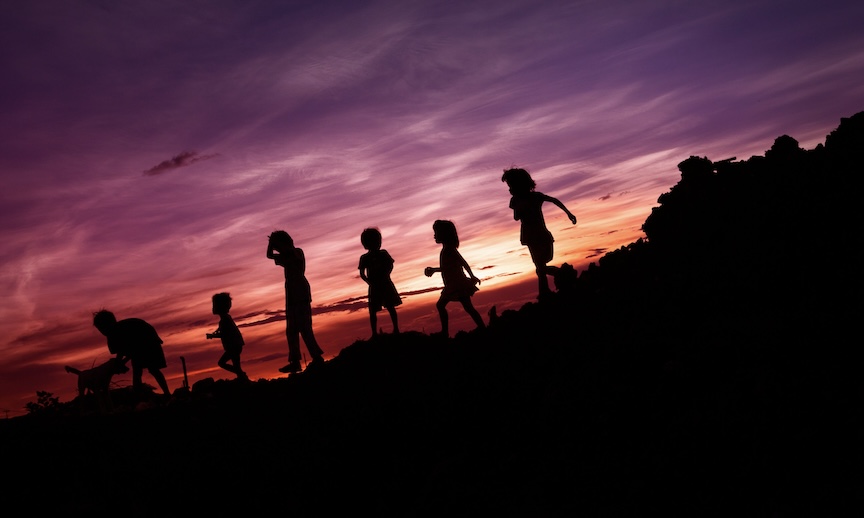CLAP ON CLAP OFF
At the start of our online ballet-afrique dance class a couple of weeks ago, my brilliant and magical friend Romy shared that there had been a raccoon scare around their chicken coop the night before. When she heard the commotion of distressed clucking outside, immediately she sprang to their rescue, running into the yard, clapping her hands to drive away predators.
[Those poor hens. Between the raccoons and neighborhood dogs and hawks and skunks, they must be so stressed all the time! I know my productivity drops with anxiety. It’s a wonder chickens can lay anything these days.]Anyway, Romy told us that sharply slapping her hands together like that reminded her of the ancient practice of clapping as a way to drive away evil spirits. That’s a pretty universal thing. People clap to cleanse a space of unwanted presences and energies.
One widely accepted theory about the origin of applause at the end of a performance is that it comes from this same impulse to break a spell, the trance-like enchantment that a performer can cast over an audience. That’s interesting, right?
So we started our dance class with clapping to clean the room — to clear our environments of negativity or any sort of psychological-emotional-spiritual clutter that might be in the way. We clapped to create an opening, a sacred space for our dance practice.
But — Then — AND… we also clapped to bring ourselves together.
We clapped to create the room, establishing a common pulse, aligning ourselves with each other on the same beat, building energy.
Again, interesting! Because clapping like this, too, is another part of our universal human language. We clap along with music when we’re feeling it or to get ourselves into the groove of it. We clap to express delight and approval — almost like giving ourselves a high-five in appreciation for someone else. While this is not learned behavior — even tiny babies do it — it’s also been recognized for centuries as a way to generate intentionally a shared emotional response. Classical Greek playwrights hired audiences to clap, because they knew that applause spreads among a crowd and builds on itself.
Clapping serves multiple and sometimes opposite purposes, doing double duty. We clap OFF that which we don’t want — evil entities and raccoons and whatnot. And we clap ON what we hope to emphasize, enhance, and grow — connection, rhythm, aliveness, belonging.
There’s a famous Zen koan that asks: What’s the sound of one hand clapping? It’s an unanswerable question because the definition of clapping involves two surfaces.
I like this. It reminds me of everything that can happen when we put our hands together. And if we put our hands and heads and hearts together, I suspect there’s no limit to what we might do.
So my spiritual practice this week is to be mindful about what I’m clapping on and what I’m clapping off. I can clear my physical and mental spaces with a few tidy that’s-that slaps. And, at the same time, when I clap to engage or acknowledge, I energetically align myself and amplify that of which I’d like to experience more.
I didn’t really plan this topic to coincide with our Monologue Showcase this weekend, but it’s kind of perfect! I hope you’ll join us for the premiere of eight short, one-person pieces — written and performed by members of your community — Saturday evening, October 10, 7:00-8:00pm MST, on Zoom (CLICK HERE).
And of course tune in as usual for all our original weekly content — my talk, special music by the inimitable Patty Stephens, and some sing-along tunes — on our Website (bosquecsl.org), Vimeo (vimeo.com/bosquecsl), and Facebook (facebook.com/bosquechurch/).
Have a beautiful week, my friends! XO, Drew
©2020 Drew Groves
